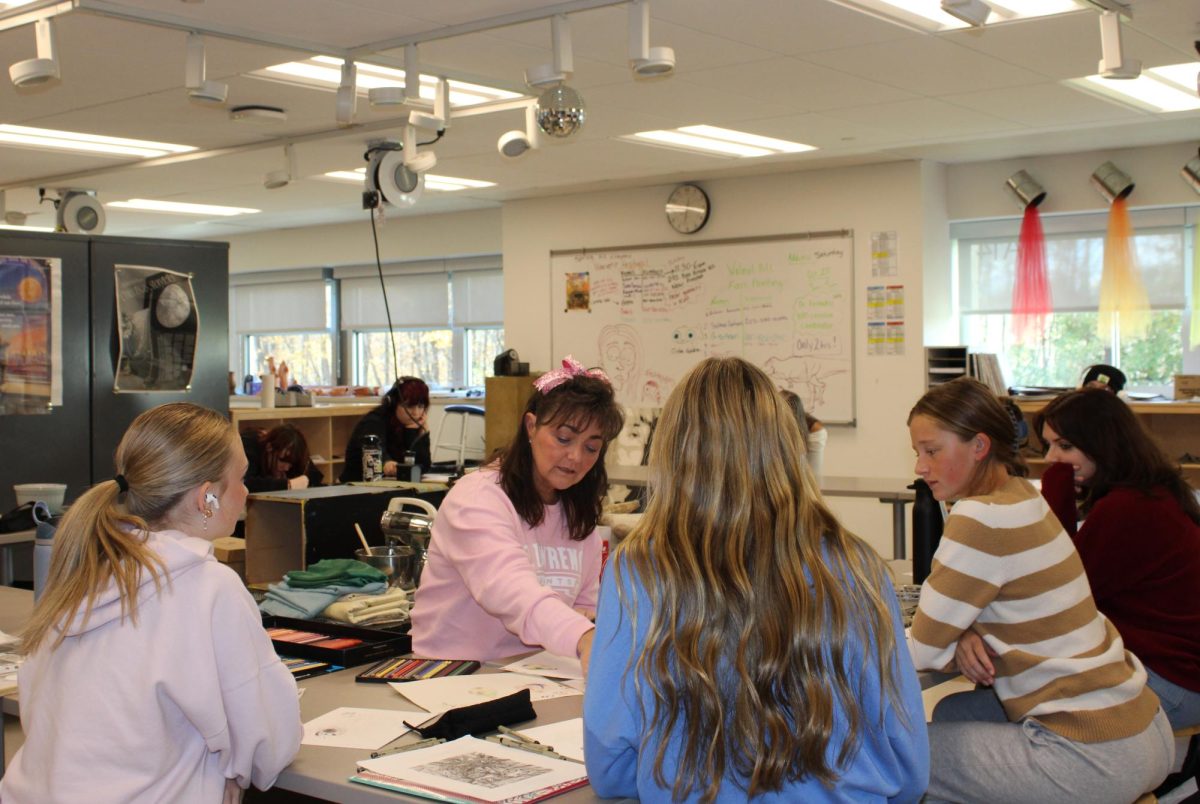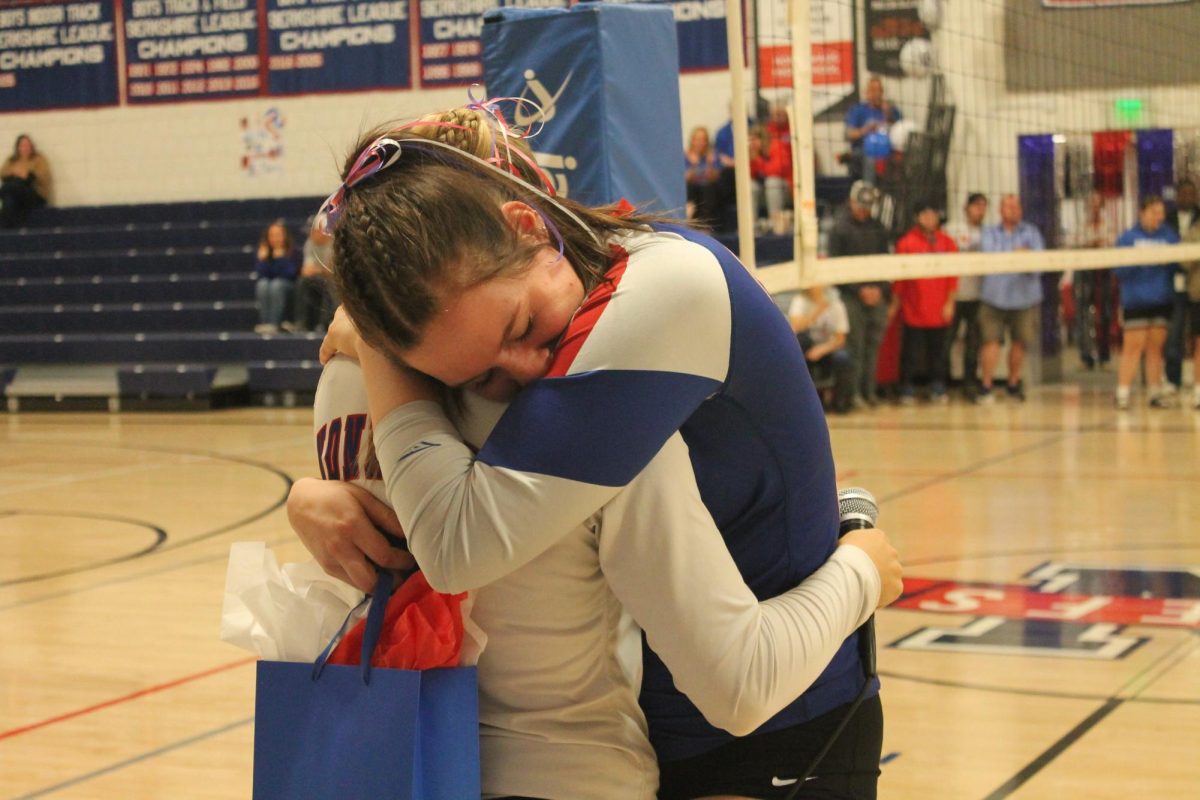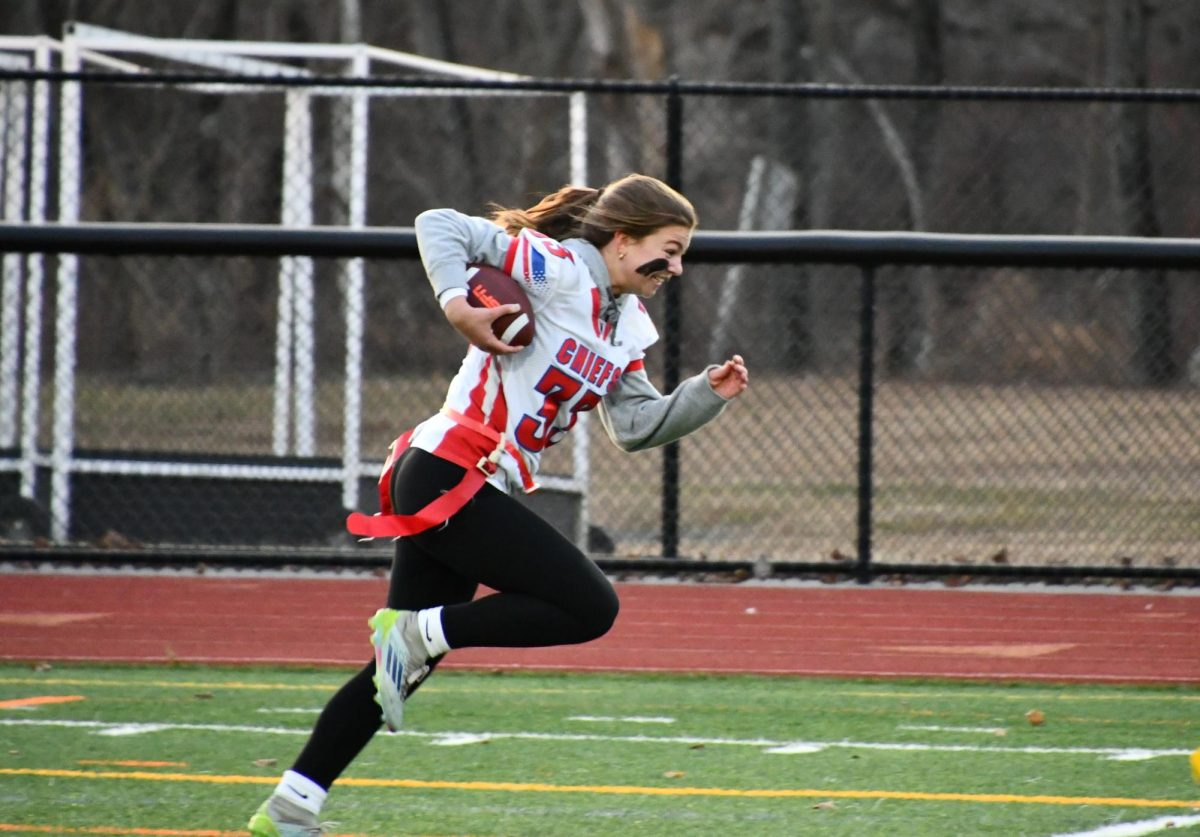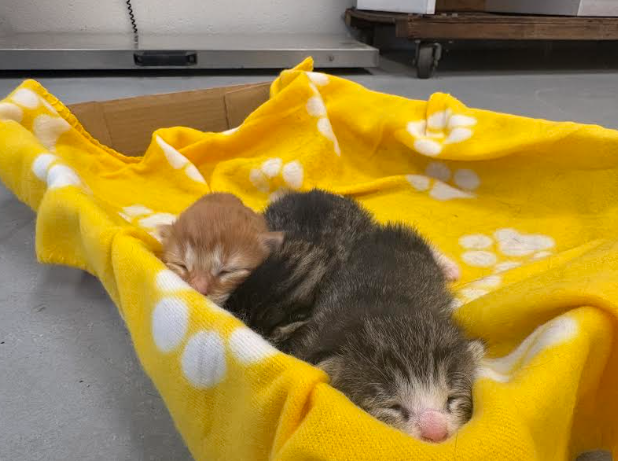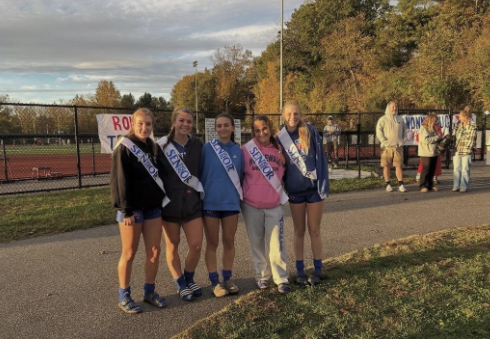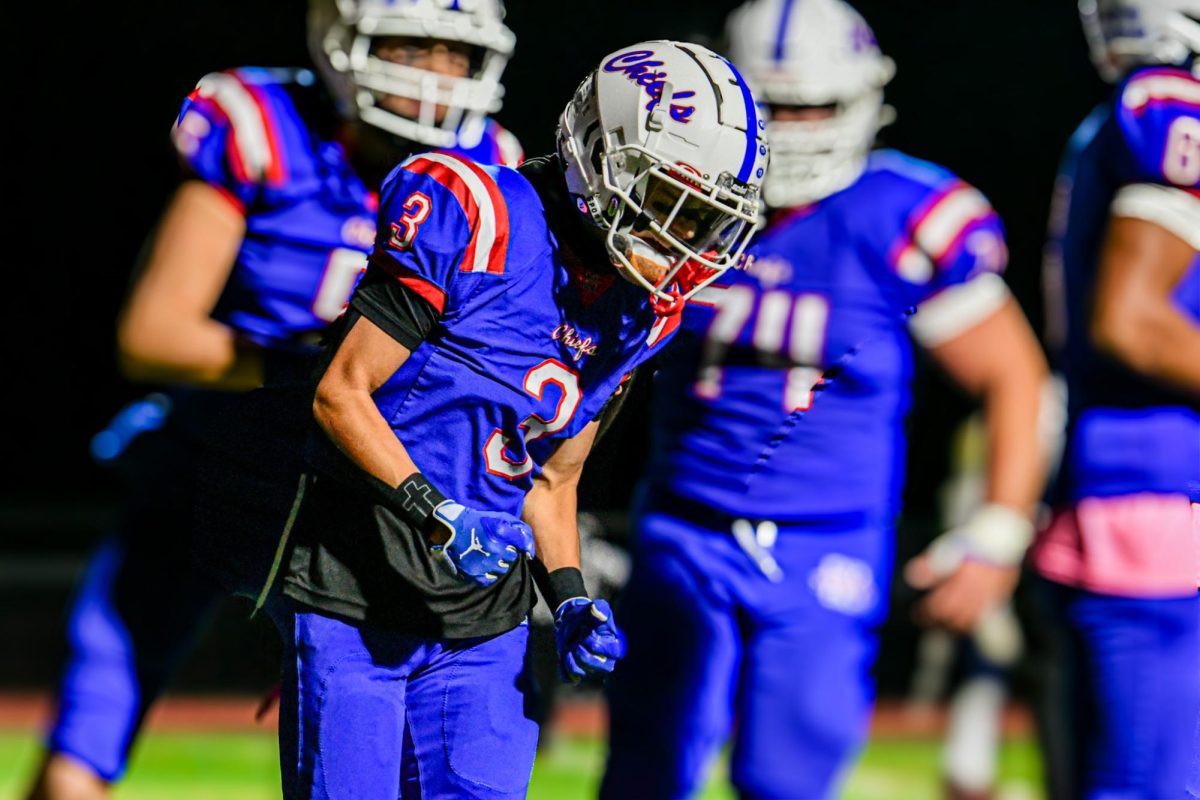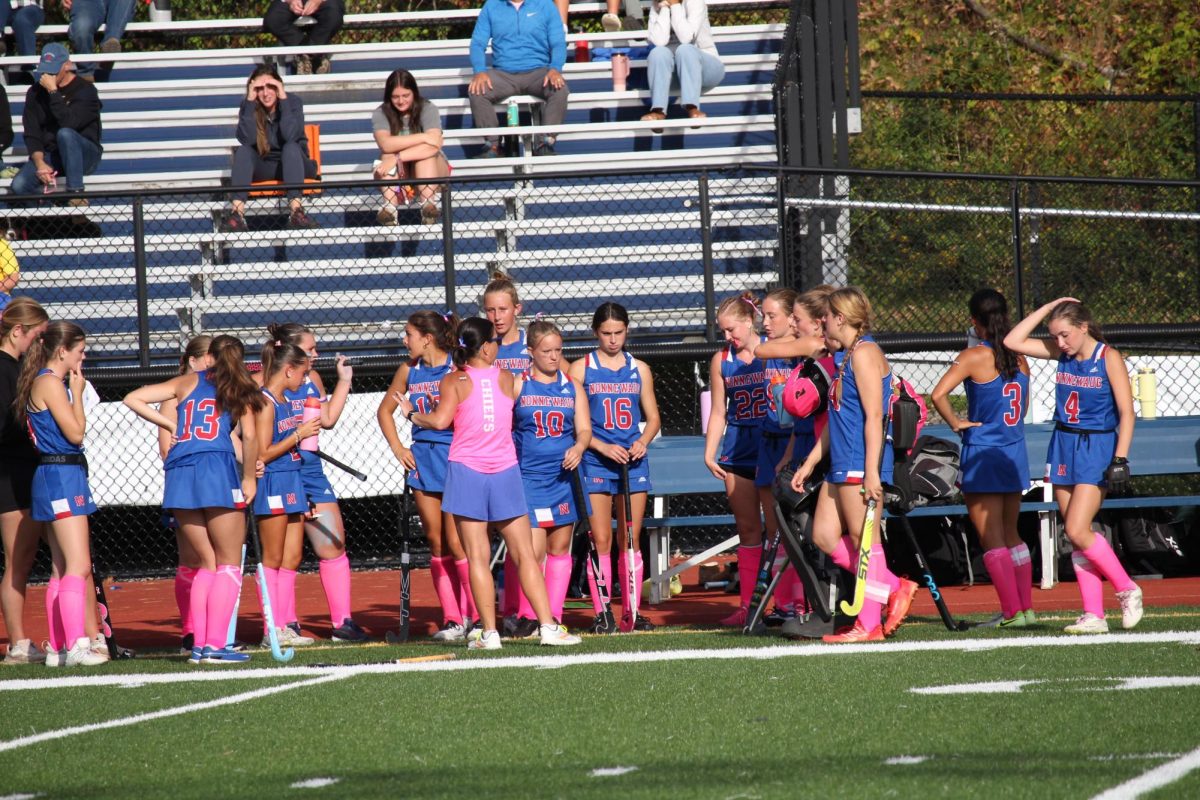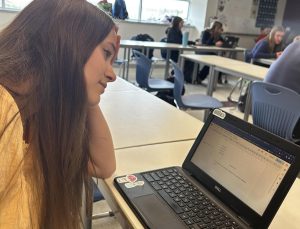Finals 2022 Op-Ed: What is the Value of Journalism?
Journalism has been around in some way for centuries, but what is the value of journalism today? The NHS Chief Advocate staff pondered that question at the end of this school year.
June 20, 2022
The students in Nonnewaug’s Investigative Multimedia Journalism — the ones who produced a series of outstanding mini-documentaries over the final few months of the school year — reflected upon one question at the end of the year.
What is the value of journalism?
Here are some snippets of their opinions.
What makes journalism incredibly crucial is the subtle impacts it has on people’s everyday lives. Whether it be just taking a small detour on the way to work or staying home and isolating for a while, it really makes an impression on the lives of those who consume it. I personally think that there is nothing quite like journalism in that sense — where hundreds of millions likely change at least one small thing in their day due to it. Journalism, in its fullest sense, has an incredible duality to it where it can show amazing or catastrophic things but through those can still bring people together and connect them. The world without journalism simply wouldn’t function nearly the same as it does today; though in some ways potentially better, most ways would be completely for the worse.
— Melanie Boria ’24
The value of journalism is making the unknown known. Journalism helps get the word out, whether that be big news or small news. The value of journalism is to inform. This is very important because not only are people learning but becoming informed can bring more help to a cause. … Journalism is all about informing people and that makes it even more important that that information is the truth.
— Izzy DiNunzio ’24
With Ukraine, we would have no idea [what was really going on] unless it was for journalists. Even the local murders, you would have no idea if it weren’t for the news or these people brave enough to go out and investigate, even if it puts them in a battlefield.
— Ryan Duda ’22
Journalism should be factual and precise, but it’s your writing, so you should be able to do what you want with it. Show your interest in the topic! It helps express not just the main topic but what you want to say.
— Jason Eyring ’24
Being student journalists puts them out of their comfort zone, but in a good way, like meeting new people and becoming not as shy as they were. It helped me. Being a journalist helped me [learn] how to make better questions and how to ask the right questions. It can be challenging for sure sometimes, but that’s just how it works, and that’s the value of journalism.
— Scott Meyer ’24
Journalism sparks an emotion within a community, or even internationally. It allows people to speak up, talk about it with others, and this ends up formulating not just their opinion, but their whole identity and what morals and values they align themselves with. In this way, journalism is a vessel for free speech and free thought, and that is what makes it so valuable.
— Jano Nakhla ’25
Journalism is valuable in terms of spreading important news and expressing softer news as well. However, I could argue that journalism also makes up a little part of everyone’s identities. Take someone who follows strictly CNN versus someone who follows strictly Fox News – you’re dealing with two completely different people. … Some people might see journalism and news outlets as purely bogus, some might follow them only for … dramatic and intriguing news, and some might use them as their primary source of news. There is beauty in that: Everyone gets an opinion, no matter what it is.
— Judy Nakhla ’25
[Journalists] have to use the truth and be transparent when writing a story and interviewing people for the story. They write for people to form their own opinions, to be able to talk about what is going on in the world, or in this case, what is going on at Nonnewaug High School. But journalism in the real world is important because it provides people with the best possible available information so they can make informed decisions about all aspects of their lives and communities.
— Izzy Rivera ’24




